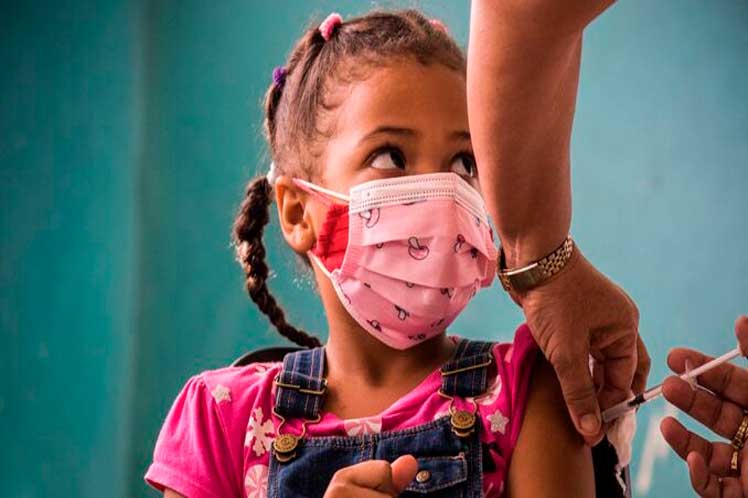The group will receive two doses of the vaccine with a four-week interval between them, in a campaign designed to last until December.
Pregnant women, regardless of pregnancy trimester, and asthmatic and diabetes patients aged 19 to 24 years, are also included, according to a note from the Ministry of Health.
Subsequently, adults aged 85 years and older and people in nursing homes, grandparents’ homes and psycho-pedagogical centers will also be vaccinated.
In addition, poultry and livestock workers exposed to the risk of influenza will also be included, according to the text.
Among those prioritized are also patients with chronic kidney failure, children aged six years and older with cerebral palsy and cystic fibrosis, as well as chronic psychiatric inpatients and healthcare workers caring people with severe acute respiratory infections.
Influenza is a contagious respiratory disease caused by flu viruses that infect the nose, throat and lungs, it can cause mild to severe illness and at times can lead to death.
Cuba has also been immunizing against poliomyelitis in an annual campaign since 1962, thus becoming the first country in Latin America to be declared free of this infectious-contagious disease that affects the central nervous system.
The national immunization program includes vaccination against 13 diseases, eight of them are developed and produced in Cuba.
pgh/iff/acl/alb










